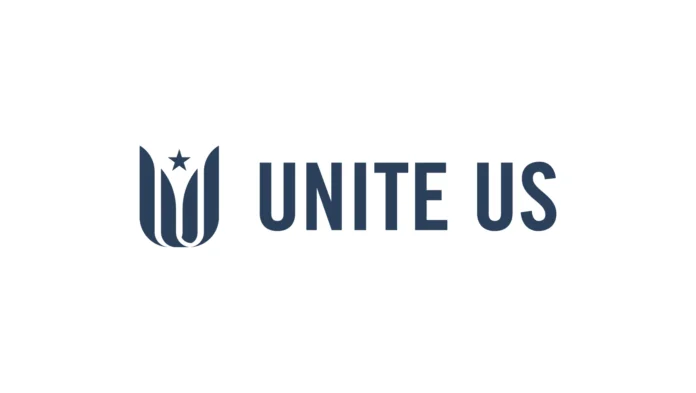NEW YORK — A new study reveals that Ballad Health significantly reduced emergency department (ED) visits and achieved meaningful cost savings by leveraging Unite Us’ closed-loop referral system to address patients’ non-medical needs. The initiative, focused on patients with health-related social needs (HRSNs), resulted in a nearly 25% drop in ED visits and an estimated $68.80 per member per month (PMPM) in savings—equivalent to $825,600 annually per 1,000 patients.
The findings come from a collaborative evaluation by Ballad Health, Unite Us, the Virginia Hospital & Healthcare Association (VHHA), and the Institute for Public Health Innovation (IPHI), focusing on patients served within the Unite Virginia network. The study analyzed healthcare utilization from January 2020 to September 2024 and included data from 873 patients who had six months of claims data both before and after receiving a referral.
Unite Us, a technology platform that facilitates coordinated care across healthcare and social service providers, enables providers to track referrals in real-time and ensure services are delivered. The platform helped connect patients with essential services such as food assistance, housing, and healthcare navigation. In Ballad Health’s Southwest Virginia service area, this resulted in 21 fewer ED visits per 1,000 patients, leading to a significant drop in unnecessary healthcare utilization.
“This study is yet another data point demonstrating that proactive, non-medical service coordination reduces overall costs while also improving patient outcomes,” said Halima Ahmadi-Montecalvo, Vice President of Research and Evaluation at Unite Us. “The closed-loop functionality is critical—it ensures not just the referral, but the follow-through.”
According to Paula Masters, Chief Health Disparities Officer at Ballad Health, the results validate a growing understanding in healthcare: addressing non-medical drivers of health is essential. “We can now measure, in real time, whether a patient’s needs are met. That visibility allows us to target interventions more effectively and reduce ED visits in a sustainable way,” she said.
The initiative is part of the broader Unite Virginia network, launched in December 2020 by the Virginia Department of Health (VDH) in collaboration with VHHA and other state partners. Since its launch, the network has supported over 66,000 Virginians with help from more than 3,000 partner organizations across the state’s 133 localities.
“Bridging the gaps between healthcare and community services is essential for ensuring whole-person care,” said Reisa Sloce, District Director for VDH’s LENOWISCO and Cumberland Plateau Health Districts. “This approach is helping us reimagine what healthcare delivery looks like in the Commonwealth.”
The study found that patients who were referred and actively engaged by Ballad Health’s community health workers (CHWs) saw a 24.8% reduction in ED visits in the six months following their referral. Even among all referred patients, including those not fully engaged, there was an average 16.2% drop in ED utilization.
Sean T. Connaughton, CEO and President of VHHA, emphasized the systemic implications of the study’s findings. “Community Health Workers are critical in helping patients navigate clinical and social challenges. This case study proves that an integrated, team-based approach can not only improve health outcomes but also significantly reduce unnecessary medical costs.”
As healthcare systems across the country seek to rein in rising costs and improve outcomes, Virginia’s model—centered on data-driven coordination between health and social care—offers a compelling blueprint. The results from the Ballad Health and Unite Us collaboration show that addressing the full spectrum of patient needs can produce measurable, cost-effective results for both individuals and the broader system.


